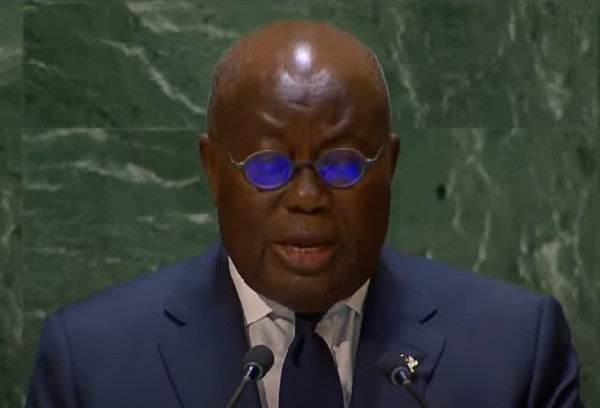Resisting arrest could land you in jail – OSP

The Director of Strategy, Research, and Communication at the Office of the Special Prosecutor (OSP), Samuel Appiah Darko, has warned that resisting arrest—whether lawful or not—could result in obstruction of justice, a serious criminal offense under Ghanaian law.
Speaking on JoyNews’ The Law on Sunday, April 13, Mr. Appiah Darko emphasized that individuals who interfere with or resist arrest procedures risk complicating their legal situation and may face additional charges with significant penalties.
He stated, “If you try to resist an arrest, that in itself is a criminal offense. You could face a fine or a minimum jail term of one year, depending on the circumstances. Under the Office of the Special Prosecutor Act, obstruction of justice attracts a minimum of two years and a maximum of four years imprisonment.”
He further clarified that obstruction of justice doesn’t only apply to the person being arrested.
Bystanders, relatives, friends, or political supporters who impede law enforcement in any way could also face prosecution.
“In the case of politicians, for instance, if foot soldiers or sympathizers try to block law enforcement officers from arresting someone, they can be charged with obstruction of justice,” he explained.
Mr. Appiah Darko also addressed a common misconception—that only uniformed police officers have the authority to arrest.
He stated, “That’s not accurate. Several other state agencies, including the Office of the Special Prosecutor, the Economic and Organized Crime Office (EOCO), and intelligence agencies, are legally empowered to effect arrests. The term ‘police powers’ goes beyond just officers in uniform.”
He urged the public to understand that officers from these institutions, even when not in police uniform, are still operating under legitimate authority granted by the Constitution or by Acts of Parliament.





